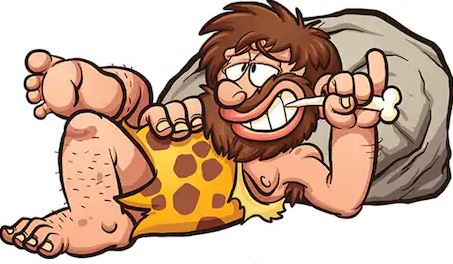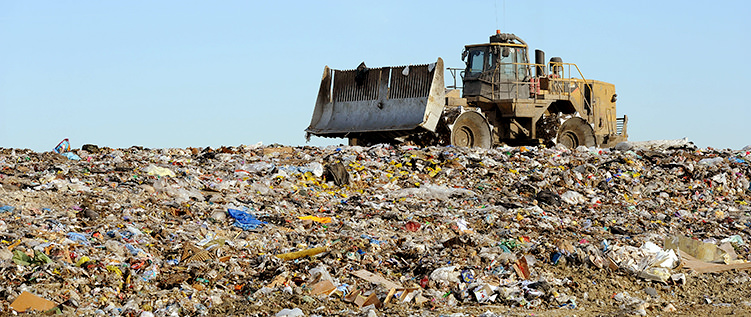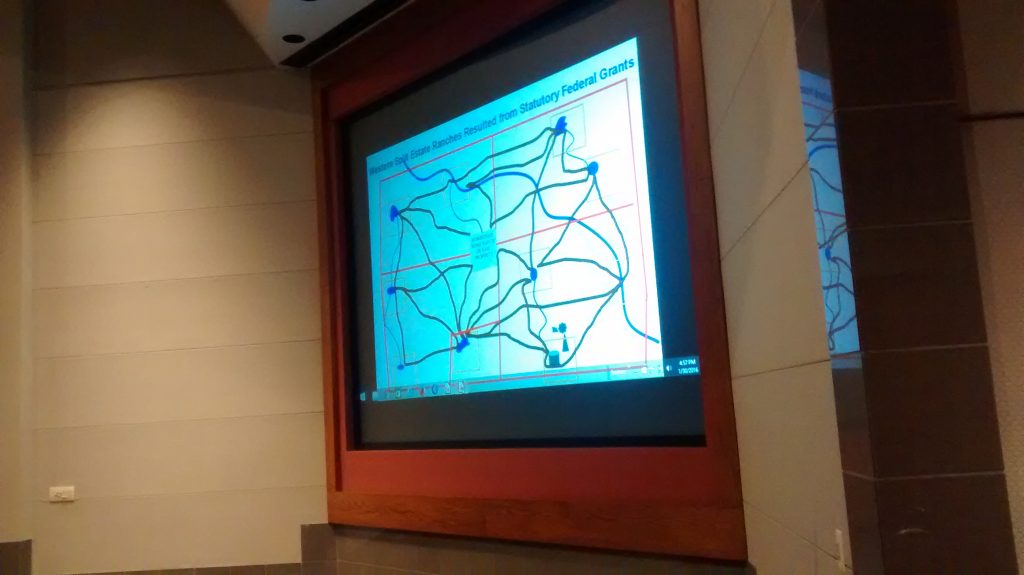First published on The Daily Bell.

The natural state of human existence is abject poverty. That’s the starting point–naked, hungry, and homeless.
Any effort towards survival is the most basic form of wealth creation.
Labor is a key element in creating any wealth. Even cupping your hands together to draw water from a stream is labor. And it is required to survive. That is a rudimentary form of wealth trickling down your throat.
But wealth also requires property. In order to drink that life-sustaining water, you must hold exclusive rights over that water, at that moment.
Your labor turned a previously unclaimed natural resource into your property. And that raised your standard of living… from dehydrating to death, to being quenched.
In a complex economy, you don’t have to do all the labor yourself. You don’t even have to own all the property that you use to create wealth.
But the same basic laws apply:
We cannot survive without labor and property (even if you call them something different).
Let’s use another primitive example to help us understand how more complex economies develop.
How a Caveman Capitalist Creates Wealth
- A stick is a natural resource.
- A caveman picks up an unclaimed stick, and it becomes his property.
- He uses his time and energy (labor) to sharpen the stick. It becomes more valuable than the stick in its original form (the product of his labor).
- And when he impales a rabbit, he has used his wealth (the sharpened stick) plus his labor (the thrust) to produce more wealth (a dead rabbit to eat).
- The caveman accumulates more rabbits than he can eat (capital).
- So he trades five rabbits for a bow and arrow (the product of someone else’s labor).
- Now he can rapidly accumulate even more rabbits (capital).
- He trades more rabbits for more bows and arrows. He distributes these bows and arrows to other cavemen under the condition that they give him 1 out of every 3 rabbits they hunt (employment). The entire village is now flush with rabbits.
- Rabbit jerky becomes the medium of exchange (money). This means the mushroom gatherer doesn’t have to worry about not having enough protein, and neither does the forager or the fire tender. They can now specialize in what they are good at, and trade their labor for rabbit jerky (which can buy other products and services). The entire village becomes flush with warmth, mushrooms, berries, and greens.
- The Caveman Capitalist trades rabbit jerky for materials to build a hut. He trades jerky to workmen to build the hut. He trades jerky for someone to cook for him, and to guard his hut. And all the pretty cavewomen want to get their hands on his jerky.
- Now that survival is guaranteed, people can focus on comfort and quality of life. Everyone can afford a hut, someone starts producing medicine, another invents beds, and someone else the wheel. And why forage when you can plant the seed right in your backyard? Now, most village children live past infancy. (The overall standard of living of the village has increased.)
- People have so much extra free time without having to constantly fight for survival, some weirdo figures out rabbits will actually keep breeding inside a cage, so you really don’t have to hunt.
- Uh oh! How is the Caveman Capitalist going to create wealth now that his industry (hunting rabbits) has been upset? He starts picking the cutest wolves and breeding them (innovation). Turns out, everyone loves the freakish results! And they are actually pretty useful too.
- And so on and so forth, until the people with the highest standard of living in human history complain about capitalism on their iPhones.
It’s all because this one Caveman Capitalist started accumulating wealth.

Discussion Questions:
- At step 5, does the caveman capitalist become a bad man for accumulating more rabbits than he could eat?
- Would the village standard of living have increased if he hadn’t?
- At step 8, should the hunters have been allowed to seize his means of production (the bow and arrow) in order to keep all of the rabbits they hunted?
- Could they have bought their own bows and arrows if they were able to hunt extra rabbits?
- What would have happened to the village’s standard of living if they hadtaken his equipment by force?
- At step 10 should the builders have been able to keep the hut they built for the Caveman Capitalist, even though they agreed to take rabbits in exchange for their labor?
- How would they have gotten the rabbits they needed without building the hut for him?
- Do you think they considered building huts more desirable than hunting rabbits themselves?
- Should the village be able to use their strength in numbers to take all the Caveman Capitalist’s jerky, even without providing him any value in return?
- Is rabbit jerky the root of all evil?
If you answered Yes to any of these five main questions above, you’re a socialist.
And if you got your way, the entire village would still be in abject poverty.
Nice job commie. (You’re not allowed to be offended by this comment if you are reading this on anything besides scratched tree-bark.)



